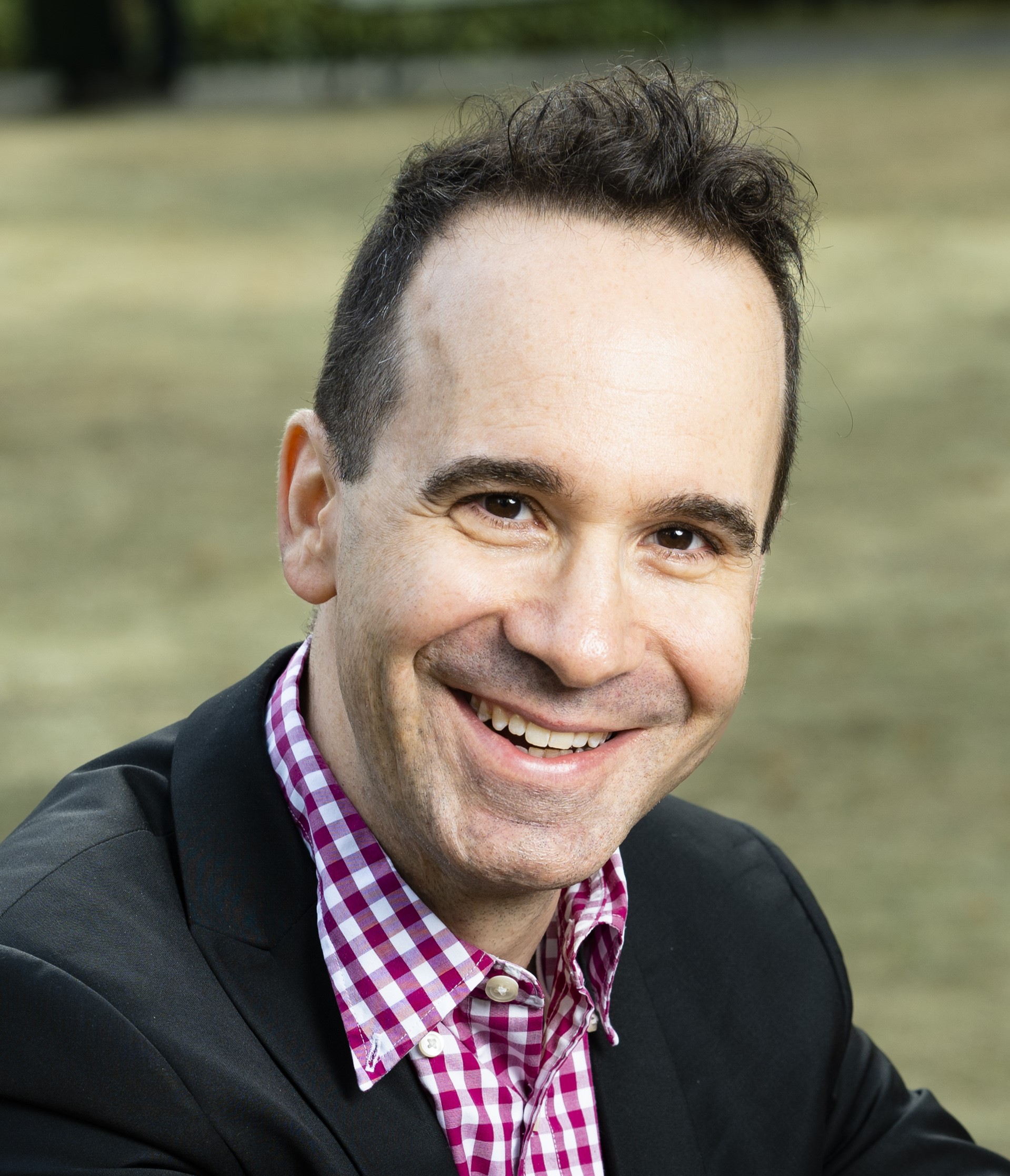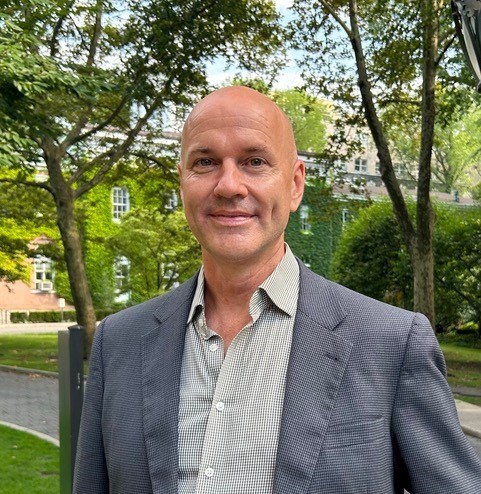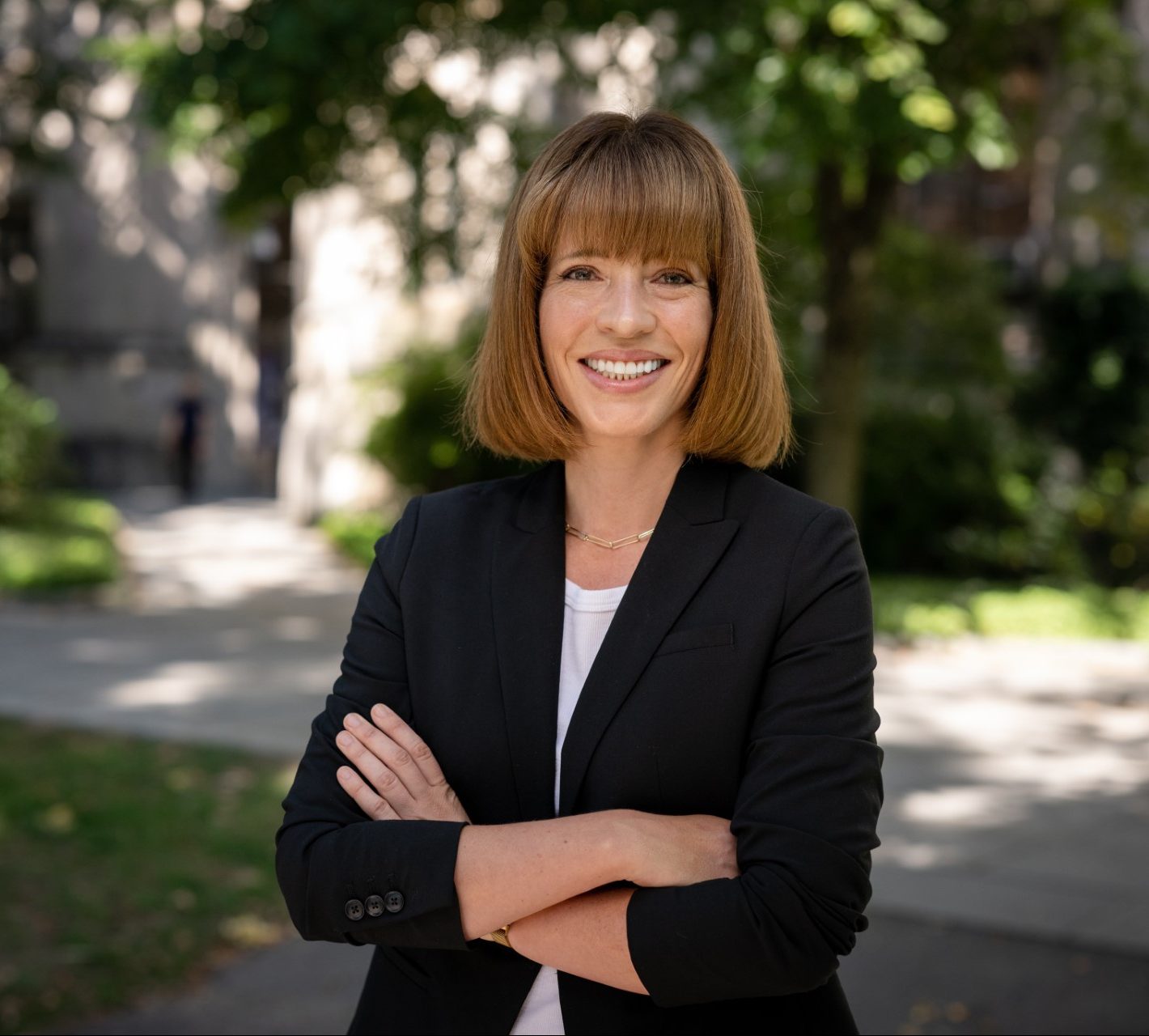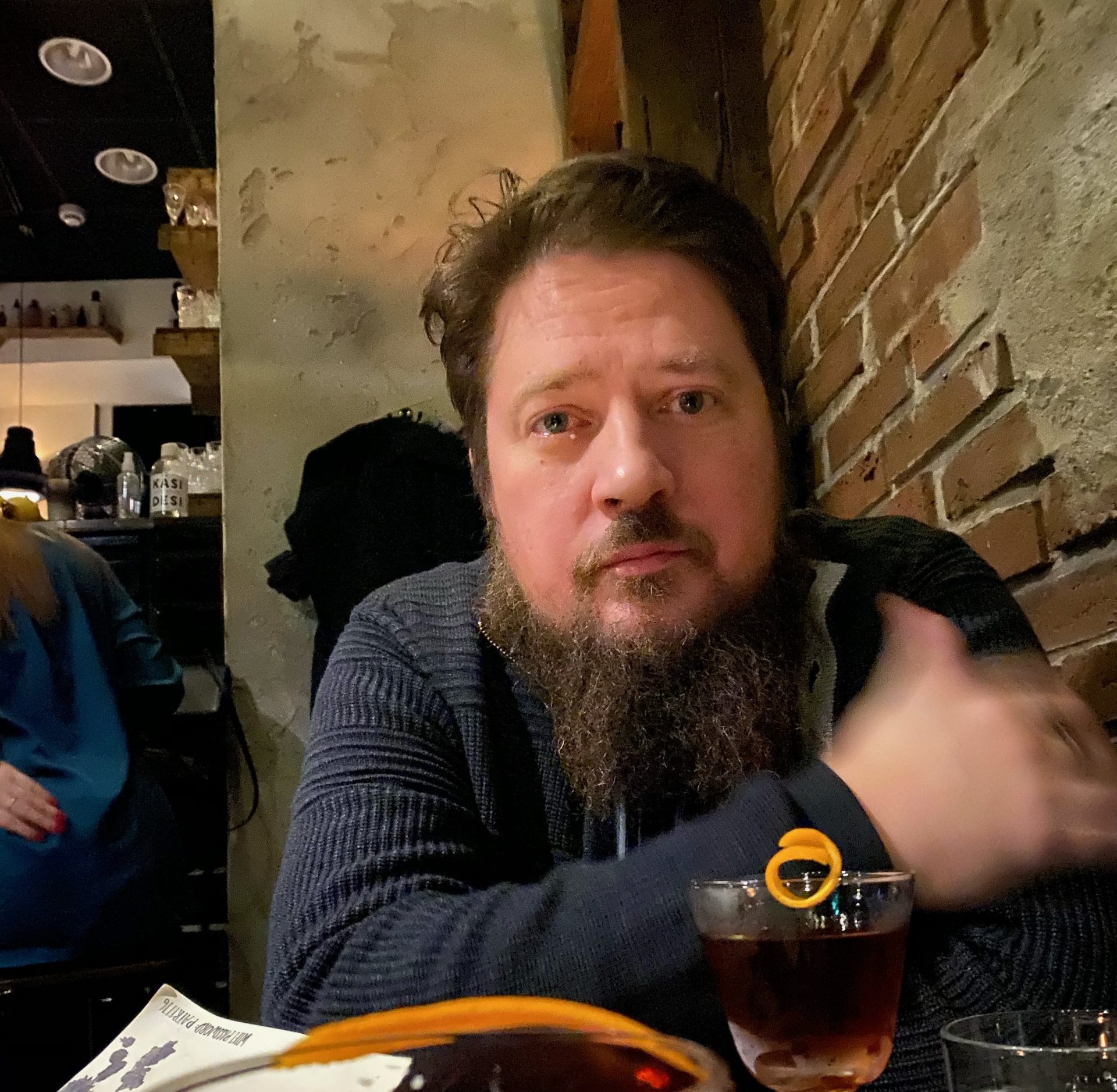Adrian Blau

Adrian Blau is Professor of Politics in the Department of Political Economy, King’s College London, and in 2022-3 was a professorial fellow at the Helsinki Collegium for Advanced Studies, University of Helsinki. He has published 15 articles and chapters on the methodology of political theory, especially the methodology of intellectual history/history of political thought, including articles in the American Journal of Political Science and the Journal of Politics. He edited the first ever textbook on political theory methods: Methods in Analytical Political Theory (Cambridge University Press, 2017). Much of his research is on rationality and irrationality, including the work of Thomas Hobbes (e.g. articles in History of Political Thought and the Oxford Handbook of Hobbes) and of Jürgen Habermas (e.g. articles in the European Journal of Political Theory and Political Research Quarterly). He also has research interests on corruption, on thought experiments, and on democratic theory and practice.
Stephen Grimm
 Stephen R. Grimm is Professor of philosophy and Chair of the Philosophy Department at Fordham University in New York. His areas of specialization include epistemology, the philosophy of science, and the idea of philosophy as a way of life. He is Series Editor for the Oxford University Press line “Philosophy as a Way of Life,” and Lifetime Member of Clare Hall, Cambridge University. He has received Fordham’s Distinguished Research Award in the Humanities and its Teaching Award in the Humanities, and his research has been supported by a variety of foundations.
Stephen R. Grimm is Professor of philosophy and Chair of the Philosophy Department at Fordham University in New York. His areas of specialization include epistemology, the philosophy of science, and the idea of philosophy as a way of life. He is Series Editor for the Oxford University Press line “Philosophy as a Way of Life,” and Lifetime Member of Clare Hall, Cambridge University. He has received Fordham’s Distinguished Research Award in the Humanities and its Teaching Award in the Humanities, and his research has been supported by a variety of foundations.
Miia Halme-Tuomisaari
 Miia Halme-Tuomisaari is Associate Professor in Human Rights Studies at Lund University. She has an interdisciplinary background in social anthropology and international law. Her key publications include Human Rights in Action: Learning Expert Knowledge (Brill, 2010) and Revisiting the Origins of Human Rights (co-edited with Pamela Slotte, CUP, 2015). She has published numerous articles that reflect on inter-disciplinarity including ‘Toward Rejuvenated Inspiration with the Unbearable Lightness of Anthropology’ (AJIL: Unbound, 2021), and ‘Toward a Lasting Anthropology of International Law/Governance’ (EJIL 2015). Her fieldwork has included the UN Human Rights Committee, the Finnish Ministry of Foreign Affairs, NGO networks, as well as a Nordic human rights expert network. She has further conducted archival research on the International League for the Rights of Man. She is currently finalizing a monograph on the UN Human Rights Committee. In 2023-2024 she is on research sabbatical with funding from the from Riksbankens Jubiliumsfonds to work on a book manuscript ‘Looping for Human Rights: An Ethnographic Theory of Expansion’.
Miia Halme-Tuomisaari is Associate Professor in Human Rights Studies at Lund University. She has an interdisciplinary background in social anthropology and international law. Her key publications include Human Rights in Action: Learning Expert Knowledge (Brill, 2010) and Revisiting the Origins of Human Rights (co-edited with Pamela Slotte, CUP, 2015). She has published numerous articles that reflect on inter-disciplinarity including ‘Toward Rejuvenated Inspiration with the Unbearable Lightness of Anthropology’ (AJIL: Unbound, 2021), and ‘Toward a Lasting Anthropology of International Law/Governance’ (EJIL 2015). Her fieldwork has included the UN Human Rights Committee, the Finnish Ministry of Foreign Affairs, NGO networks, as well as a Nordic human rights expert network. She has further conducted archival research on the International League for the Rights of Man. She is currently finalizing a monograph on the UN Human Rights Committee. In 2023-2024 she is on research sabbatical with funding from the from Riksbankens Jubiliumsfonds to work on a book manuscript ‘Looping for Human Rights: An Ethnographic Theory of Expansion’.
Martti Koskenniemi
 Martti Koskenniemi is Professor Emeritus of International law at the University of Helsinki. He is a Fellow of the British Academy and a Member of the American Academy of Arts and Sciences. He has worked as diplomat with the Finnish Ministry for Foreign Affairs (1978-1994). He was a member of the International Law Commission (UN) in 2002-2006. He has been Hauser Global Visiting Professor of Law at NYU since 1997 and had several visiting professorships across the world. He has received honorary doctorates from the universities of Uppsala, McGill, Frankfurt, Tartu, Brussels (VUB) and the European University Institute (EUI, Florence). His main publications include From Apology to Utopia: The Structure of International Legal Argument (1989/2005), The Gentle Civilizer of Nations: The Rise and Fall of International Law 1870-1960 (2001), The Politics of International Law (2011) and To the Uttermost Parts of the Earth: Legal Imagination and International Power 1300-1870 (2021).
Martti Koskenniemi is Professor Emeritus of International law at the University of Helsinki. He is a Fellow of the British Academy and a Member of the American Academy of Arts and Sciences. He has worked as diplomat with the Finnish Ministry for Foreign Affairs (1978-1994). He was a member of the International Law Commission (UN) in 2002-2006. He has been Hauser Global Visiting Professor of Law at NYU since 1997 and had several visiting professorships across the world. He has received honorary doctorates from the universities of Uppsala, McGill, Frankfurt, Tartu, Brussels (VUB) and the European University Institute (EUI, Florence). His main publications include From Apology to Utopia: The Structure of International Legal Argument (1989/2005), The Gentle Civilizer of Nations: The Rise and Fall of International Law 1870-1960 (2001), The Politics of International Law (2011) and To the Uttermost Parts of the Earth: Legal Imagination and International Power 1300-1870 (2021).
Caterina Marchionni
 Caterina Marchionni is researcher in Practical Philosophy at the University of Helsinki and member of the Centre for Philosophy of the Social Sciences (TINT). Her primary research area is the philosophy of economics and of the social sciences broadly understood. In her work she has been paying special attention to issues of explanation, models, and evidence across disciplinary boundaries.
Caterina Marchionni is researcher in Practical Philosophy at the University of Helsinki and member of the Centre for Philosophy of the Social Sciences (TINT). Her primary research area is the philosophy of economics and of the social sciences broadly understood. In her work she has been paying special attention to issues of explanation, models, and evidence across disciplinary boundaries.
Alison McQueen

Alison McQueen is Associate Professor in the Departments of Political Science and (by courtesy) History at Stanford University. Much of her work focuses on religion and politics in early modern political thought. Her book, Political Realism in Apocalyptic Times (2018) traces the responses of three canonical political realists—Niccolò Machiavelli, Thomas Hobbes, and Hans Morgenthau—to hopes and fears about the end of the world. A second book project, Absolving God: Hobbes’s Scriptural Politics, tracks and explains changes in Thomas Hobbes’s strategies of religious arguments over time. Methodologically, McQueen’s work combines conventional forms of historical research and textual interpretation with new computational tools.
Samuli Reijula

Samuli Reijula is an Academy of Finland Research fellow and a university lecturer in theoretical philosophy at the University of Helsinki, Finland. His core area of research is the philosophy of science, with interests in cognitive science and science studies (incl. science of science). His research interests include interdisciplinarity, collective problem solving, cognitive diversity, science policy, and foundations of evidence-based policy.
Elke Teich
 Elke Teich is a professor of English Linguistics and Translation Studies at Saarland University, Saarbrücken, Germany. She is the head of the Collaborative Research Center CRC 1102 “Information Density and Linguistic Encoding” (https://sfb1102.uni-saarland.de/) funded by the German Research Foundation (DFG). Previously, she was employed at universities and research institutes in Germany and abroad, including TU Darmstadt, University of Sydney, and the Information Sciences Institute (ISI) in Los Angeles. Elke Teich’s research areas include grammar of English, register theory (especially scientific language) and translation studies. Her work is characterized by crossing disciplinary boundaries between linguistics, translation studies and computer science. Her current research interests are focused on language variation and change, where she makes use of computational methods from AI, combining language models with information-theoretic measures to detect and interpret patterns of variation.
Elke Teich is a professor of English Linguistics and Translation Studies at Saarland University, Saarbrücken, Germany. She is the head of the Collaborative Research Center CRC 1102 “Information Density and Linguistic Encoding” (https://sfb1102.uni-saarland.de/) funded by the German Research Foundation (DFG). Previously, she was employed at universities and research institutes in Germany and abroad, including TU Darmstadt, University of Sydney, and the Information Sciences Institute (ISI) in Los Angeles. Elke Teich’s research areas include grammar of English, register theory (especially scientific language) and translation studies. Her work is characterized by crossing disciplinary boundaries between linguistics, translation studies and computer science. Her current research interests are focused on language variation and change, where she makes use of computational methods from AI, combining language models with information-theoretic measures to detect and interpret patterns of variation.
Mikko Tolonen

Mikko Tolonen, PhD, is a Professor in Digital Humanities at the Faculty of Arts at the University of Helsinki. His background is in intellectual history and he is the PI of Helsinki Computational History Group (COMHIS). His main research focus is on an integrated study of public discourse and knowledge production that combines metadata from library catalogues as well as full-text libraries of books, newspapers and periodicals in early modern Europe. Tolonen works also in other areas of Enlightenment studies, such as the intellectual development of Bernard Mandeville and David Hume. Currently he is leading two Finnish Research Council consortiums: Detection of Historical Discourses with High-Performance Computing (HPC-HD) and Rise of Commercial Society and Eighteenth-Century Publishing (RiCEP).
Lauren Ross
 Lauren N. Ross, PhD, MD is an Associate Professor in Logic and Philosophy of Science at UC Irvine. Her research concerns causal reasoning and explanation in the life sciences. A significant amount of her research explores different forms of scientific explanation, including causal and non-causal varieties. In some of her other projects she studies causal diversity—different types of causes, causal relationships, and causal systems present in scientific contexts. Her work identifies the features characteristic of these causal systems and their implications for how these systems are studied and how they behave. Ross’s research has received a National Science Foundation (NSF) CAREER award, a Humboldt Experienced Researcher Fellowship, a John Templeton Foundation Grant, and an Editor’s Choice Award at The British Journal for the Philosophy of Science.
Lauren N. Ross, PhD, MD is an Associate Professor in Logic and Philosophy of Science at UC Irvine. Her research concerns causal reasoning and explanation in the life sciences. A significant amount of her research explores different forms of scientific explanation, including causal and non-causal varieties. In some of her other projects she studies causal diversity—different types of causes, causal relationships, and causal systems present in scientific contexts. Her work identifies the features characteristic of these causal systems and their implications for how these systems are studied and how they behave. Ross’s research has received a National Science Foundation (NSF) CAREER award, a Humboldt Experienced Researcher Fellowship, a John Templeton Foundation Grant, and an Editor’s Choice Award at The British Journal for the Philosophy of Science.
Bodo Winter

Bodo Winter is an Associate Professor in Cognitive Linguistics at the University of Birmingham, UKRI Future Leaders Fellow, and Editor-in-Chief at the interdisciplinary journal Language & Cognition. He received his PhD in Cognitive and Information Sciences from the University of California, Merced. His research focuses on multimodal communication, including gesture and data visualization. He has also written a statistics textbook and founded the Birmingham Statistics for Linguists Summer School.